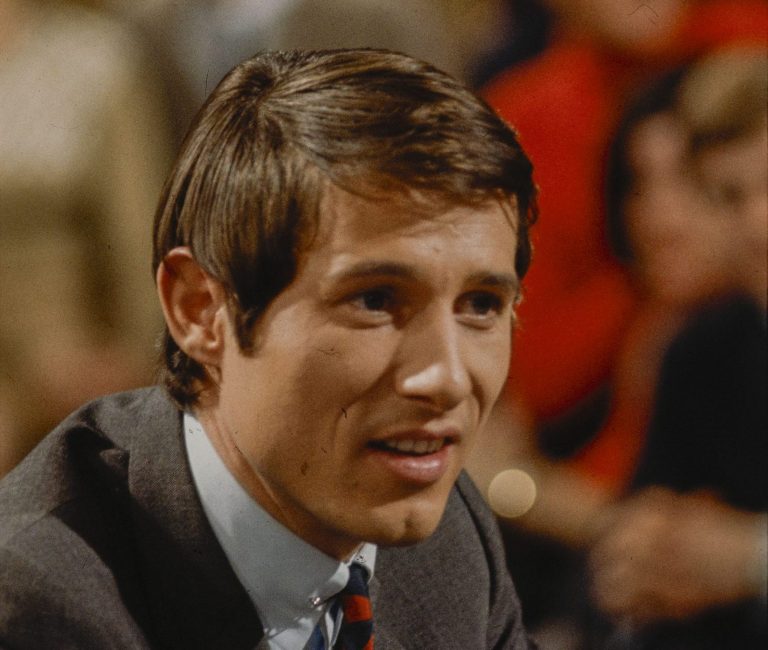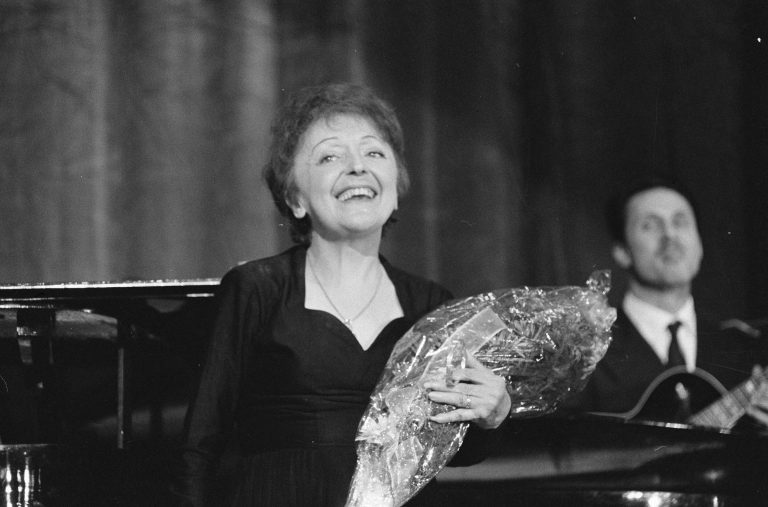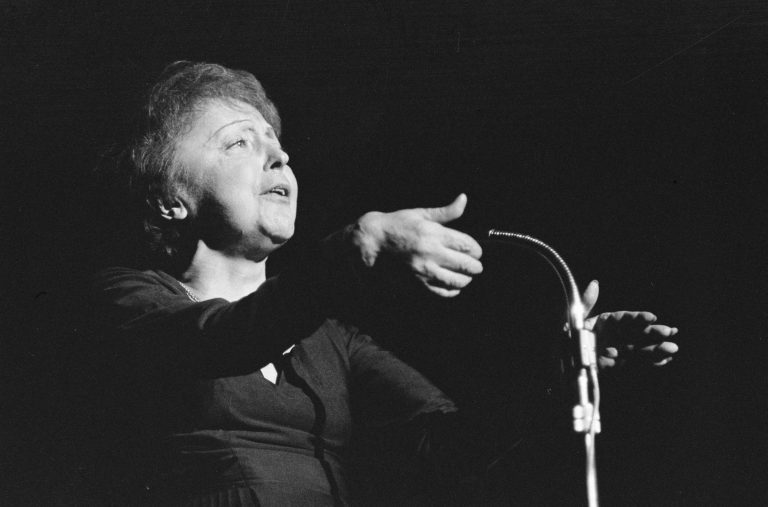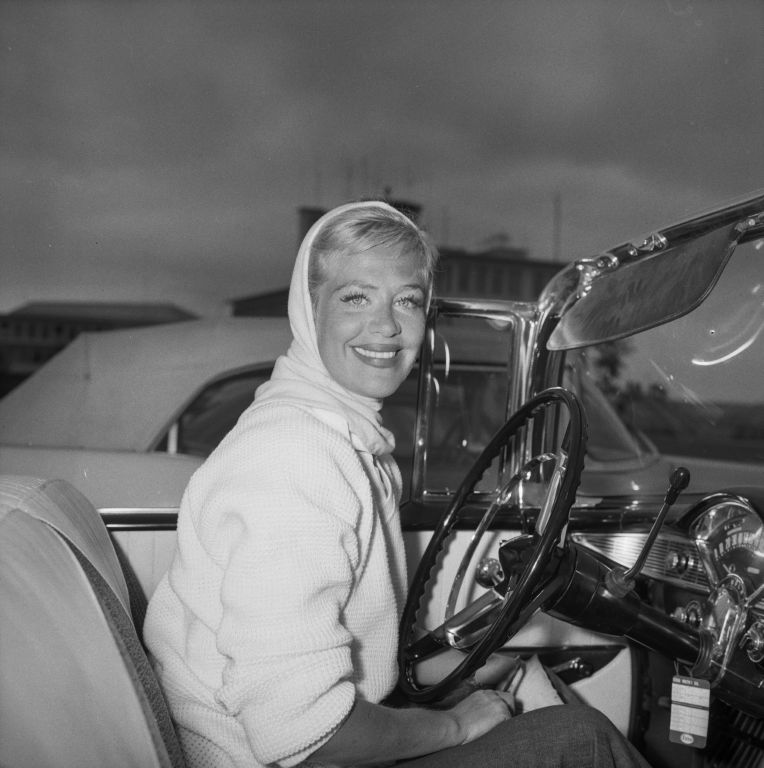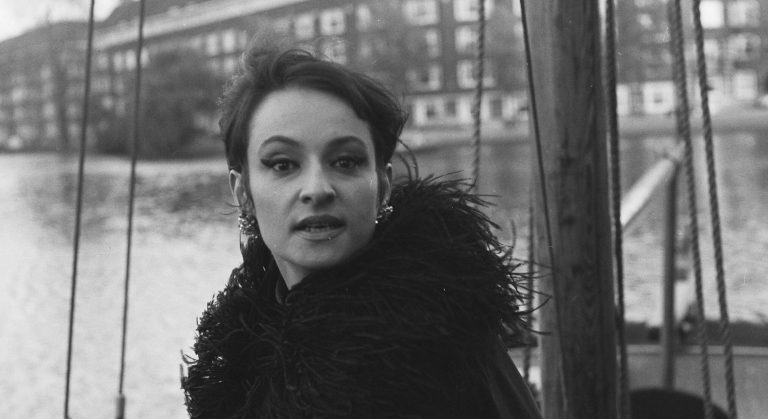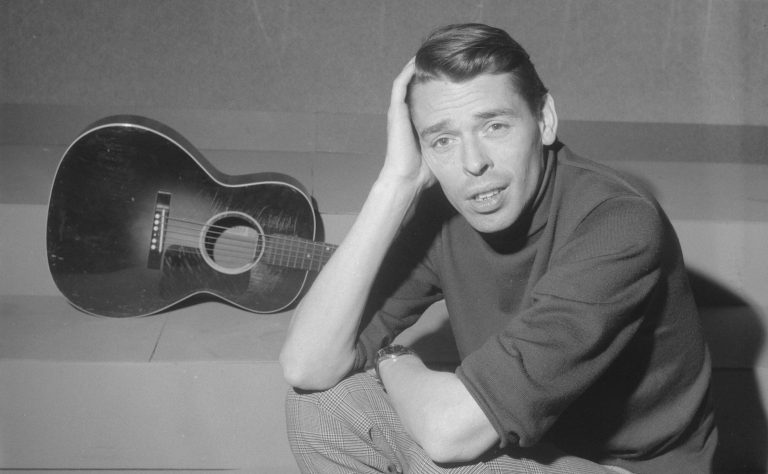There are melodies and lyrics that one never forgets: La mer by Charles Trenet is without question one of these melodies and lyrics. Like no …
Rose Laurens: The French chanson of the 1980s
In the winter of 1983, it was the song Africa that got people dancing in France: to this day, Rose Laurens is best known for …
Udo Jürgens: The musical maverick
At the beginning he was a “nobody,” Udo Jürgens said looking back on the start of his career. At the beginning of his career as …
Edith Piaf: A Sonorous Laugh (2.)
Continued from part one For Edith Piaf, there seemed to be no such thing as a hopeless situation: After Lepplée’s death, she was discovered by …
Edith Piaf: A Sonorous Laugh (1.)
On that October evening in 1949 when the world boxing champion Marcel Cerdan, Edith Piaf’s lover, was killed, Piaf was due to perform at the …
Hildegard Knef: The Berlin Snout
Ella Fitzgerald once said she was the best singer who actually had no voice: Hildegard Knef is one of the most famous German actresses and …
Luigi Tenco: Cantautore with style
He both sang about and mercilessly portrayed the Italian society of the time: some music connoisseurs go so far as to say that he helped …
Barbara: The Singing Pianist
This article is published on the 25th anniversary of Barbara’s death on 24 November 2022. Her chansons all had autobiographical features: there was no such …
Jacques Brel: The chanson was his vocation
“There is nothing more annoying than having to put a note under every word,” Jacques Brel once claimed. It was his greatest passion and talent …
Max Colpet: Where Have All The Words Gone
The German translation of the socially critical song Where Have All The Flowers Gone was penned by him: Marlene Dietrich made the song known to …



